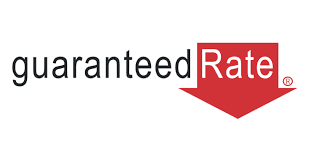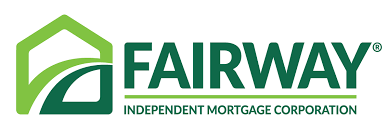Lender LendingTree rating and “best of” category Lender review


Refinance loansRead our review


VA loansRead our review


Jumbo loansRead our review


Online mortgage experienceRead our review


FHA loansRead our review


Home equity loansRead our review


Mortgage loan varietyRead our review
![]() Learn more about how we chose our list of the best mortgage lenders.
Learn more about how we chose our list of the best mortgage lenders.
Purchasing a home involves many moving parts which can vary from state to state. Here’s what you need to know about buying a home in Nevada:
Sellers in Nevada are required by law to disclose in writing all conditions in the home that negatively affect the property’s value. The Nevada Real Estate Division provides a Seller’s Real Property Disclosure Form that covers all areas of the property, including the foundation, electrical systems, plumbing and the presence of environmental hazards. The form gives sellers room to fully explain any issues disclosed and encourages them to attach additional pages.
Sellers or their agent must provide the disclosure statement no later than 10 days before closing or buyers have the right to withdraw the offer without penalty. Additionally, sellers must reveal any defects that arise in the home after providing the statement or if a previously disclosed condition worsens.
Should you have difficulty staying current on your mortgage, know that Nevada permits two types of foreclosure processes: judicial, which requires a lender to take you to court, and nonjudicial, which does not involve the courts.
In Nevada, which has one of the country’s highest foreclosure rates, most foreclosures are nonjudicial. Although the process does not involve the court system, it does require a series of predetermined steps before your home is foreclosed.
Nevada is one of only nine community property states in the country, which means spouses evenly own assets and debts acquired during the marriage. When couples divorce in Nevada, property and liabilities such as bank accounts, business debt, cars, household items and more are split evenly unless a marriage contract is in place. This is important to keep in mind as some government loan programs consider the debt of both spouses in a divorce situation even if only one spouse will own the home.
In Nevada, buyers are not required to hire an attorney to assist with the home closing process, as is the case in some states. Buyers work with an escrow holder to process their closing, which can be an escrow company, title company, attorney or bank.
All home sales in Nevada incur a real estate transfer tax payable to the county recorder in the county where the property is located. The amount of the tax is based on the value of the home, typically $1.95 for each $500. The rate is higher in Washoe, Churchill and Clark counties. Your lender will let you know the exact amount you will need to pay as you near your closing date.
Once you purchase your home, you will owe property taxes in Nevada. The median property tax in Nevada is $1,749 per year for a home worth the median value of $207,600,according to Tax-Rates.org. The state ranks 24th in order of average property taxes received. Tax rates also vary from county to county. For example, residents in Washoe County pay the most in the state — $1,889 on average — while Esmeralda County homeowners pay the least — $414 on average. Check with the tax assessor in your county to get an idea of what your taxes will be.
Nevada does offer relief programs to help ease the tax burden that homeowners face. Assistance includes exemptions for eligible veterans, surviving spouses and blind homeowners and tax abatements (reduction of tax liability) for eligible homeowners who reside in their home as their primary residence. Relief is granted on the county level, so check with the tax assessor in the county where your property is located for more information.
The conforming loan limit for one-unit properties in Nevada is $484,350. This amount represents the maximum amount you’ll be able to finance with a conventional mortgage ensured by Fannie Mae or Freddie Mac, the government-sponsored companies that back most conventional loans. If you are looking to borrow above the conforming loan limit, you’ll have to take out a jumbo loan, which typically has a higher interest rate and stricter lending requirements.

Multiple agencies in Nevada offer assistance to help make homeownership affordable, ranging from low-interest financing to federal tax credits. Some programs are available statewide while others are specific to location. We’ve highlighted a few programs below, but more homeownership assistance may be available to you.
The Nevada Rural Housing Authority (NRHA) offers financing combined with down payment assistance to Nevadans who live in designated rural locations.
Who qualifies
Buyers who purchase a home with one of the NRHA programs can also apply for a federal income tax credit paid annually for the life of the loan.
Who qualifies
Offered by the Nevada Housing Division, this statewide program provides first mortgage financing along with closing costs and down payment assistance.
Who qualifies